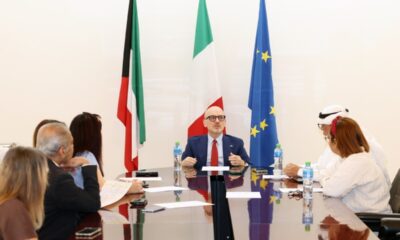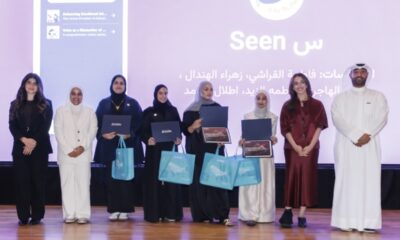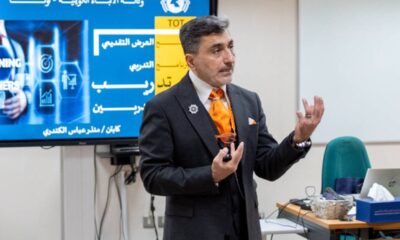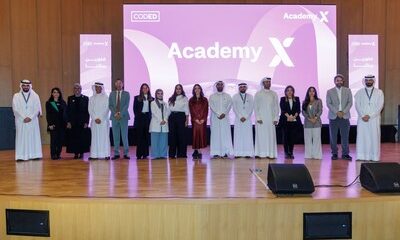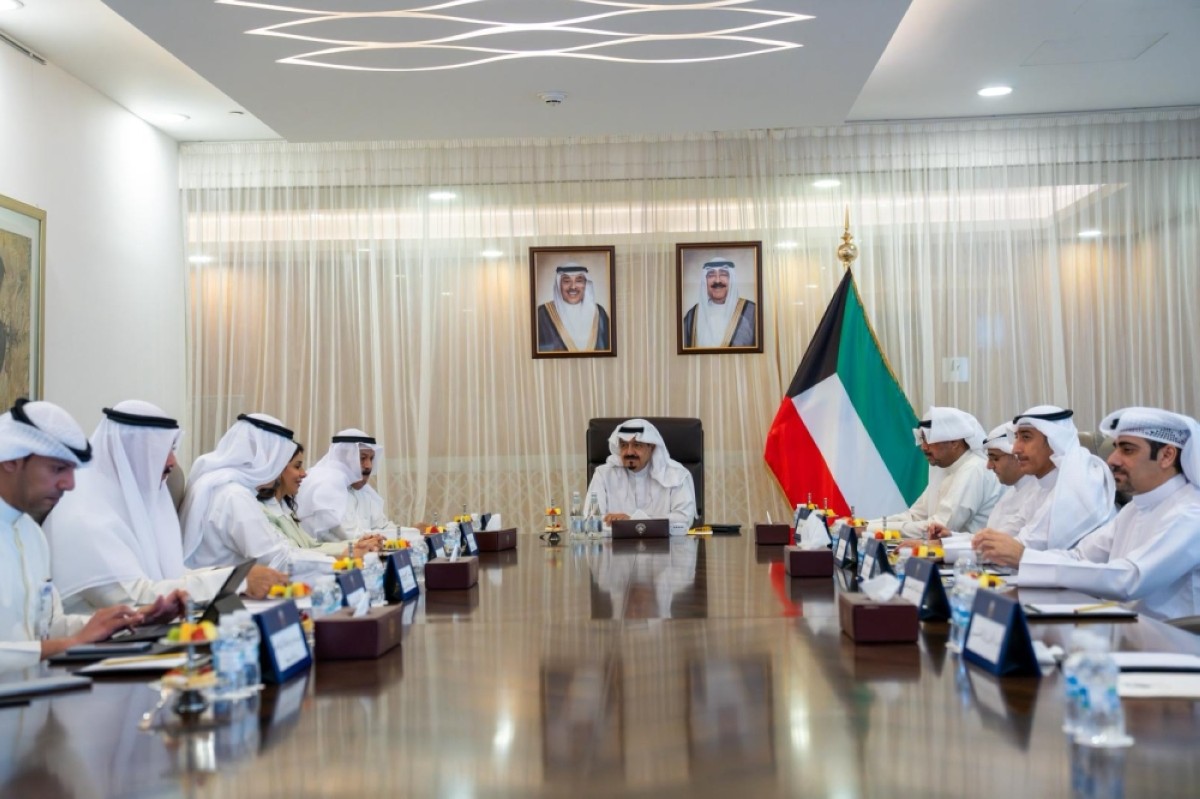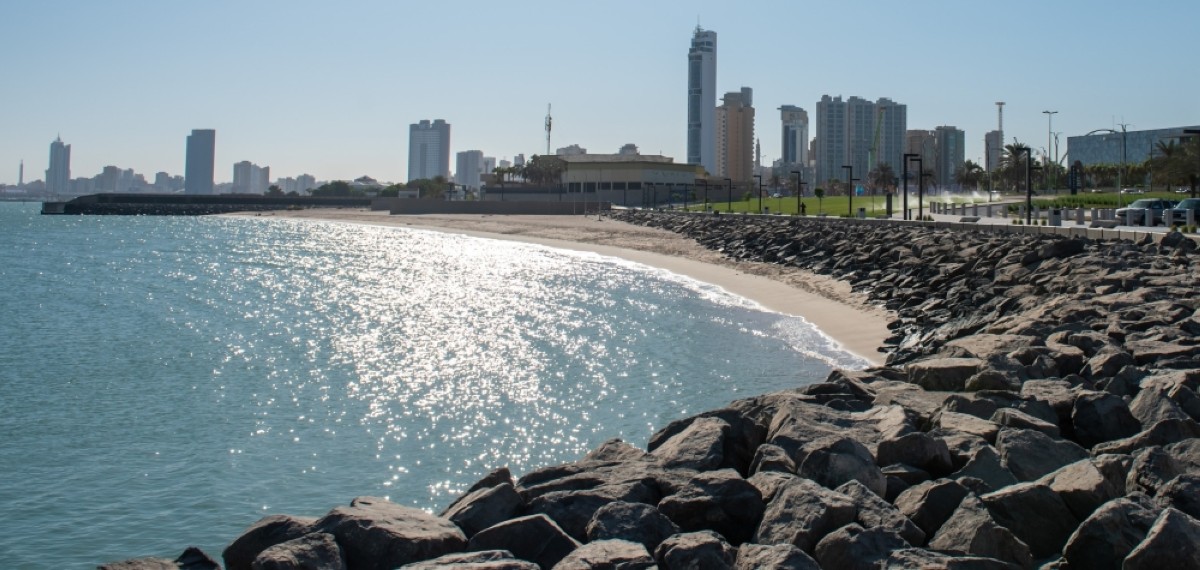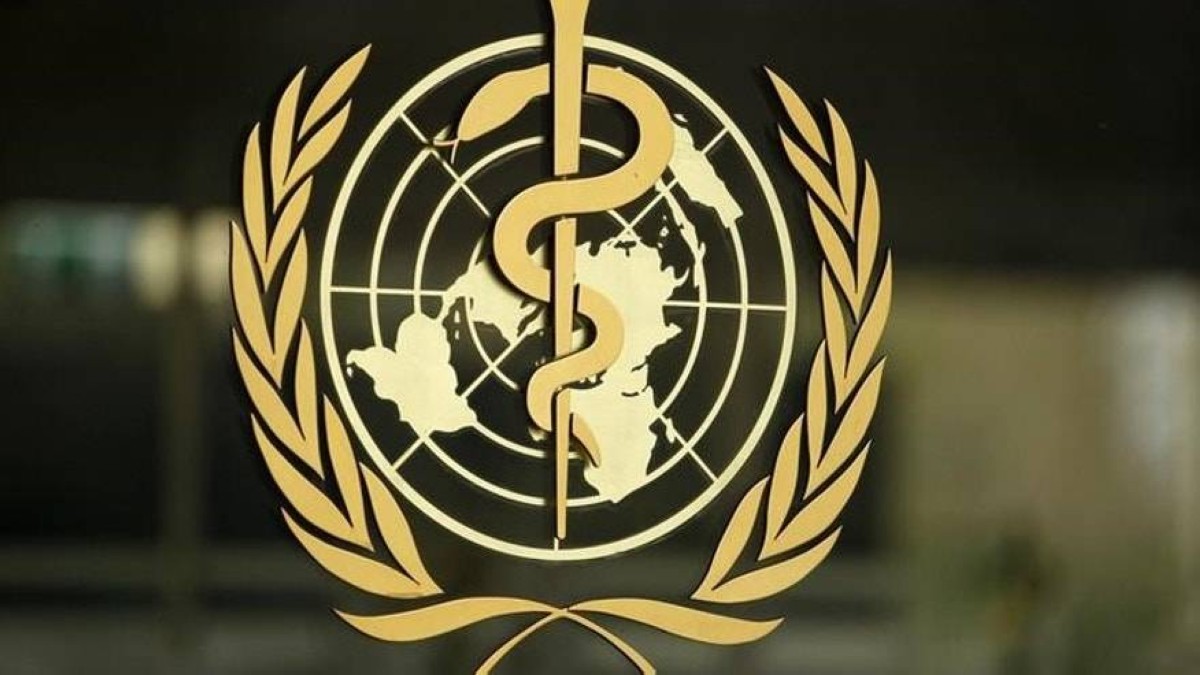By Christine Susan Shine
KUWAIT: The third edition of the Young Ambassador Program concluded on Tuesday, marking the culmination of seven months of immersive learning and international engagement. The initiative, jointly organized by the British and Canadian Embassies in Kuwait alongside the Office of the UN Secretary-General’s Representative, remains a unique model hosted exclusively in Kuwait.
This year’s program brought together 39 high school students aged 14 to 18 from diverse cultural and academic backgrounds to delve into the world of diplomacy, multilateral cooperation and global challenges. Centered on the theme of “Sustainable Peace and Security,” the initiative explored pressing international issues including climate change, gender equality, disinformation, and cybersecurity—framed within the broader context of peacebuilding.
British Ambassador Belinda Lewis noted the significance of diversity in the program’s learning environment. “It’s often daunting to bring together young people with different perspectives, but that discomfort is where the real learning begins,” she said. Throughout the program, participants were mentored by diplomats and UN officials, worked in partnership with local embassies and institutions, and engaged in policy simulations, negotiation workshops, and thematic panel discussions. These sessions provided students with practical insights into international relations and the complexities of diplomatic dialogue.
“My daughter had to step out of her comfort zone. She worked with students from American, British and Arab schools—young people she had never met before, with different perspectives,” said Elsy, the mother of Kaelle Dib, a participant from a French school. “That kind of collaboration changes you. It helps build character and confidence,” she added.
The program’s curriculum also included public speaking and self-expression training, a cybersecurity session with the Kuwait College of Science and Technology, and discussions on gender-based violence in connection with the UN’s 16 Days of Activism campaign. Participants also visited Kuwait Times to gain firsthand insight into the media’s role in shaping diplomatic narratives and explored international institutions such as NATO and the United Nations.
Speaking at the closing ceremony, Canadian Ambassador Aliya Mawani praised the students’ engagement and potential. “Many of you told me this experience was life-changing. Diplomacy must evolve, and that means we need new voices. Your voice matters. What you do next, how you use this platform—that’s what excites me,” she said, expressing hope that similar models could be adopted globally.
UN Representative Ghada Eltahir highlighted the program’s broader relevance. “In a world increasingly fragmented, where global peace and security may seem like overwhelming tasks, these young diplomats hold the potential and responsibility to reimagine the frameworks of cooperation, multilateralism, and diplomacy,” she said. Ambassador Lewis also encouraged participants to carry the lessons of the program into their futures. “Keep talking to people, keep asking questions, and stay open to being challenged. That is what diplomacy demands,” she remarked.
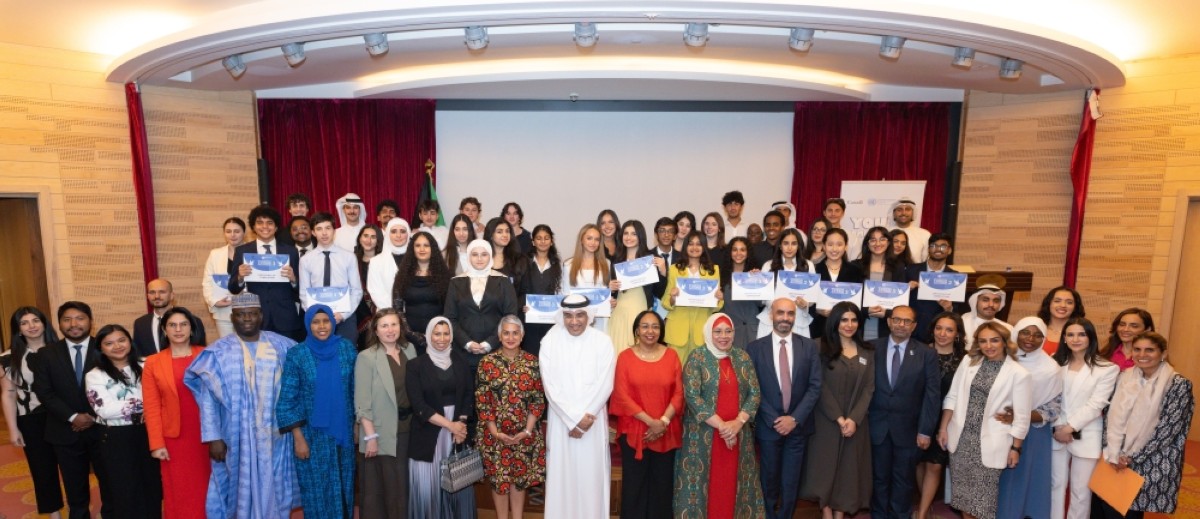

 Politics16 hours ago
Politics16 hours ago
 Politics17 hours ago
Politics17 hours ago
 Politics18 hours ago
Politics18 hours ago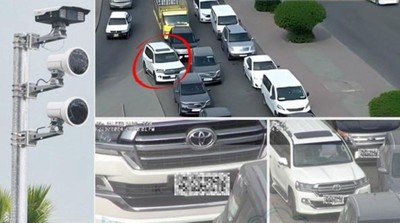
 Politics14 hours ago
Politics14 hours ago
 Politics3 hours ago
Politics3 hours ago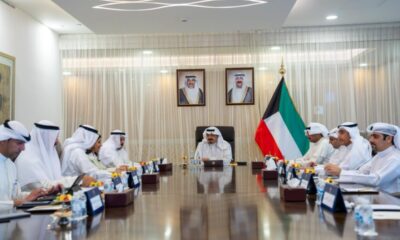
 Latest News1 hour ago
Latest News1 hour ago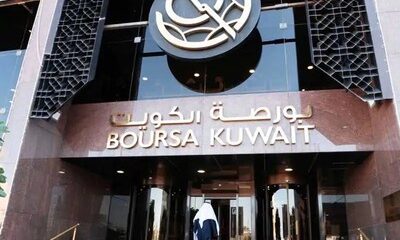
 Business2 hours ago
Business2 hours ago
